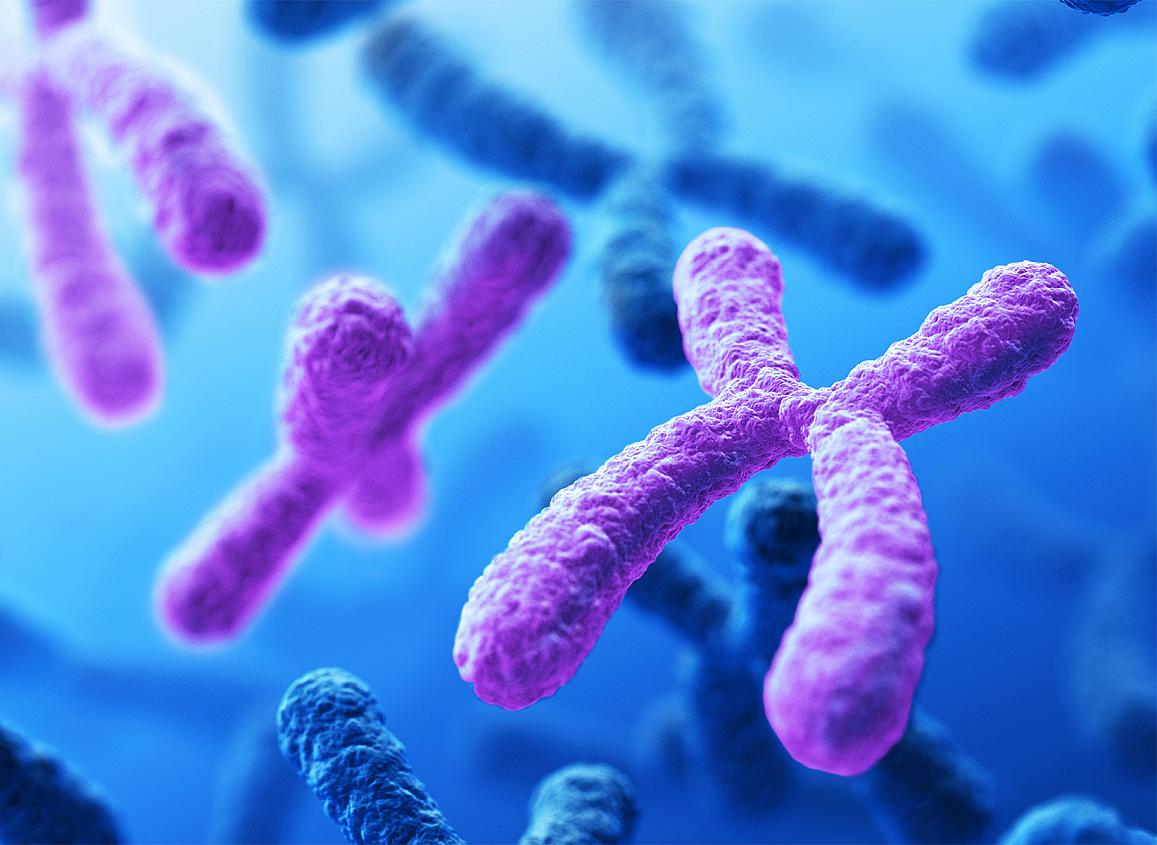Sequencing all 24 human chromosomes uncovers rare disorders
Study from NIH and other institutions may help improve prenatal genetic screening
Extending noninvasive prenatal screening to all 24 human chromosomes can detect genetic disorders that may explain miscarriage and abnormalities during pregnancy, according to a study by researchers at the National Institutes of Health and other institutions. Because of the way data have been analyzed, typical genomic tests performed during pregnancy have targeted extra copies of chromosomes 21, 18 and 13, but rarely evaluated all 24 chromosomes. The study findings, which appear in the August 30 issue of Science Translational Medicine, may ultimately improve the accuracy of these tests, including by explaining why some give false-positive results.
Women often request noninvasive screening tests to detect genetic conditions. These tests, however, typically focus only on Down syndrome and other common trisomies. A trisomy is a condition in which there are three instances of a certain chromosome instead of the standard two.

Conceptual image of a cell karyotype exhibiting trisomy, three copies of one chromosome. Darryl Leja, NHGRI.
This page was last updated on Friday, January 21, 2022